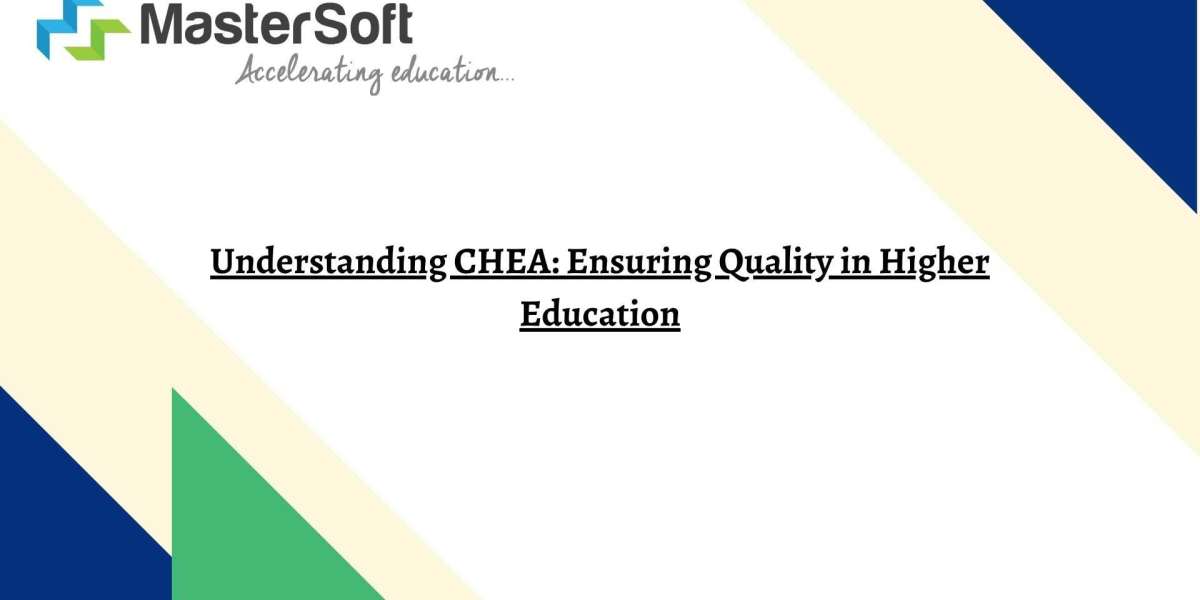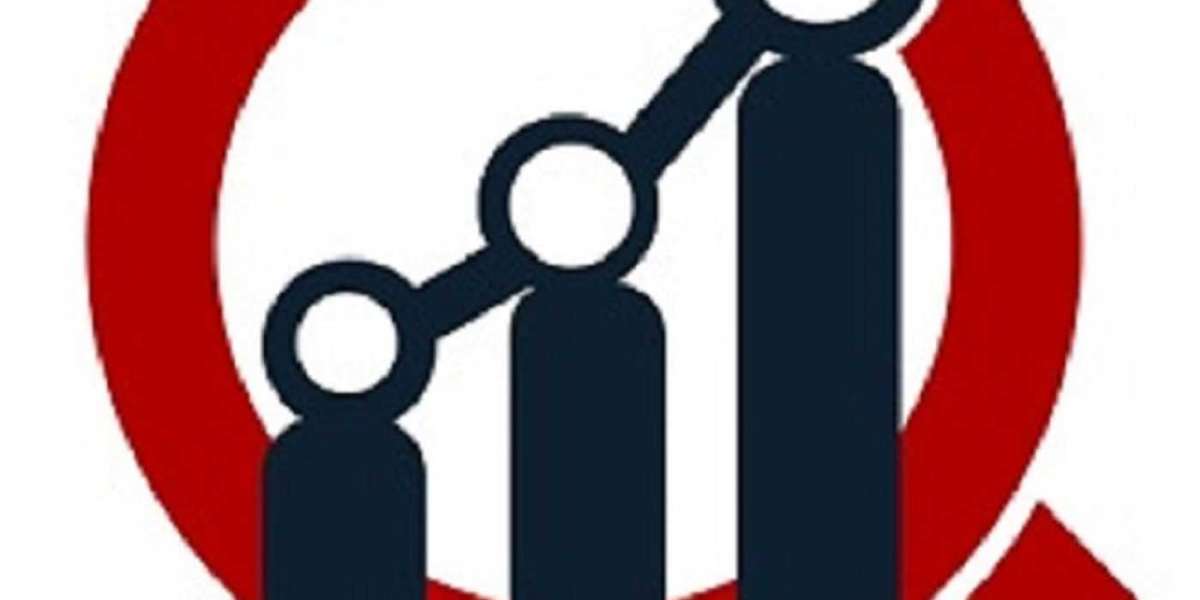Higher education plays a critical role in shaping the future of students and professionals. However, ensuring the quality and credibility of educational institutions requires strong accreditation bodies. One such authority in the United States is the Council for Higher Education Accreditation (CHEA). CHEA serves as a key accreditor, ensuring that colleges and universities meet established academic standards.
This blog explores CHEA’s role, importance, functions, and its impact on higher education institutions.
What is CHEA?
The Council for Higher Education Accreditation (CHEA) is a non-governmental organization in the United States that recognizes accrediting agencies to ensure quality assurance in higher education. Established in 1996, CHEA’s primary function is to accredit higher education institutions and programs through recognized accreditation agencies.
CHEA operates independently and provides academic legitimacy and accountability for institutions by overseeing the accreditation process. While it does not directly accredit schools, it evaluates and recognizes accrediting bodies that ensure educational institutions adhere to high academic and institutional standards.
The Role of CHEA in Higher Education
1. Recognizing Accreditation Agencies
CHEA evaluates and recognizes accrediting agencies that assess higher education institutions for quality assurance. Accreditation helps students, employers, and policymakers identify reputable colleges and universities.
2. Ensuring Academic Quality
One of CHEA’s main objectives is to promote academic excellence by ensuring that institutions meet accreditation standards. This process involves periodic reviews and assessments of educational institutions.
3. Protecting Student Interests
CHEA accreditation ensures that students receive high-quality education, making their degrees more valuable and globally recognized. Accredited institutions maintain credibility in academic and professional fields.
4. Strengthening Institutional Integrity
Accreditation promotes institutional accountability by ensuring compliance with educational and ethical standards. Institutions must demonstrate commitment to academic integrity and continuous improvement.
5. Advocating for Higher Education Policies
CHEA plays a significant role in shaping higher education policies by working with governments, policymakers, and institutions to improve education standards globally.
The CHEA Accreditation Process
To maintain credibility and transparency, CHEA follows a structured process for recognizing accrediting bodies:
Application Submission – Accreditation agencies submit an application to CHEA for recognition.
Evaluation and Review – CHEA evaluates the agency’s accreditation process, institutional standards, and effectiveness.
Site Visits and Assessments – CHEA may conduct site visits to verify compliance with standards.
Recognition Decision – If an accrediting agency meets the criteria, CHEA grants recognition.
Periodic Review – Accredited agencies undergo periodic reviews to maintain quality standards.
Why CHEA Accreditation Matters
1. Legitimacy of Institutions
Accreditation by a CHEA-recognized agency assures students and employers that an institution meets established academic standards.
2. Global Recognition
CHEA-recognized institutions often have better global academic and professional recognition, increasing opportunities for students and graduates.
3. Financial Aid Eligibility
Many federal and private financial aid programs require students to enroll in accredited institutions to qualify for funding.
4. Transfer of Credits
Accredited institutions allow for credit transfers, enabling students to move between colleges without losing academic progress.
5. Employer Confidence
Employers prefer candidates from accredited institutions as they ensure quality education and professional readiness.
How CHEA Differs from the U.S. Department of Education (USDE)
Although CHEA and the U.S. Department of Education (USDE) oversee accreditation, they serve distinct roles:
CHEA is a private, non-governmental organization that recognizes accrediting agencies based on academic standards.
USDE is a governmental agency that recognizes accrediting agencies for federal funding eligibility.
CHEA focuses on academic quality and institutional effectiveness, while USDE emphasizes compliance with federal laws.
Conclusion
The Council for Higher Education Accreditation (CHEA) plays a crucial role in maintaining academic integrity, ensuring institutional quality, and protecting student interests. By recognizing accrediting agencies, CHEA helps maintain high standards in higher education, offering credibility and trust to institutions and students alike.
For students seeking higher education, choosing a CHEA-recognized institution ensures quality education, better career prospects, and financial aid eligibility. As education evolves, CHEA continues to uphold the standards that define reputable academic institutions worldwide.



